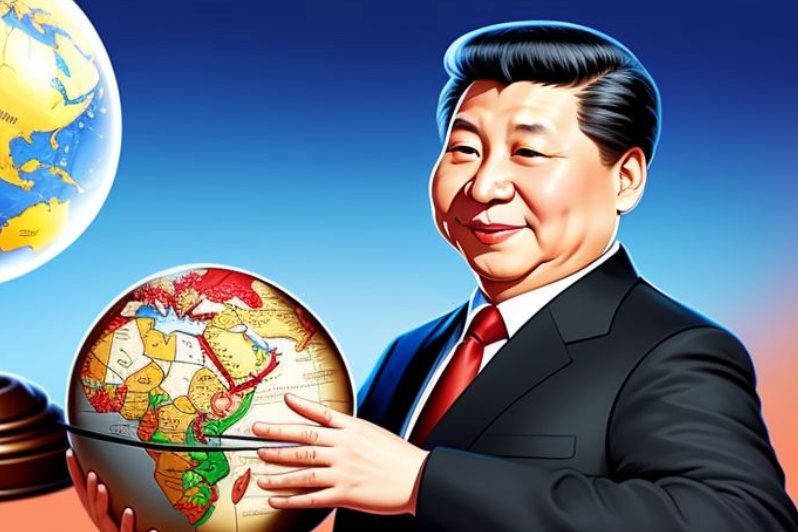$MSFT $NVDA $BABA
#AI #ArtificialIntelligence #TechIndustry #China #US #Technology #ScaleAI #AlexandrWang #DeepLearning #OpenSource #Innovation #GlobalEconomy
Alexandr Wang, the CEO of Scale AI, on Thursday made valuable remarks highlighting escalations in the global artificial intelligence (AI) race. He pointed out that the U.S. now faces direct competition from China, which has accelerated its advancements in the AI space, particularly with tools like the DeepSeek open-source model. Wang didn’t mince words, describing this competition as an “AI war.” This comment comes at a time when China has been making significant investments in AI development to match, if not surpass, the technological prowess of the United States. Wang’s statement not only serves as a wake-up call but also underscores how critical AI innovation has become for both countries’ standing in the global tech and economic landscape.
Financially, this intensified focus on AI by both the U.S. and China could mean lucrative opportunities for AI-driven companies, especially those like $MSFT and $NVDA, which have pioneered advancements in hardware and software for machine learning. Meanwhile, Chinese tech giants such as $BABA are also on the rise, suggesting that global investors are likely to keep a close eye on the developments in these regions. The global AI market, which is already estimated to reach well into the hundreds of billions in the next few years, could see exponential growth as competition between nations accelerates innovations. Heightened rivalry may also pave the way for increased federal and private investments, especially in research and tech startups, adding beneficial tailwinds for the industry at large.
From a geopolitical perspective, Wang’s assertion of an “AI war” likely reflects broader concerns about technological dominance and economic influence. China’s rapid progress in releasing advanced AI tools like the DeepSeek model demonstrates its ability to close what was once a formidable gap in technological capabilities. This could have implications for sectors ranging from education to cybersecurity and even national defense, highlighting how AI innovations increasingly impact policy decisions. U.S. firms, on the other hand, might feel heightened pressure to innovate faster as they seek to maintain market leadership. In turn, this could lead to a surge in M&A (mergers and acquisitions) activity and tech alliances, which could further drive volatility in related stock tickers.
Investors need to weigh the potential risks and rewards presented by this ongoing AI competition. While companies like Scale AI and key players in global capitals work on groundbreaking innovations, reliance on open-source AI models could democratize the field, unlocking growth opportunities for smaller entities while maintaining pressure on large-cap firms to sustain competitive advantages. In tandem, this AI “arms race” could diversify portfolio options, but it also carries the potential for regulatory challenges as governments move to address ethical and security concerns. Financial markets, especially tech-heavy indices, could experience increased volatility, but those exposed to sectors facilitating AI growth stand to gain significantly over the long term.











Comments are closed.